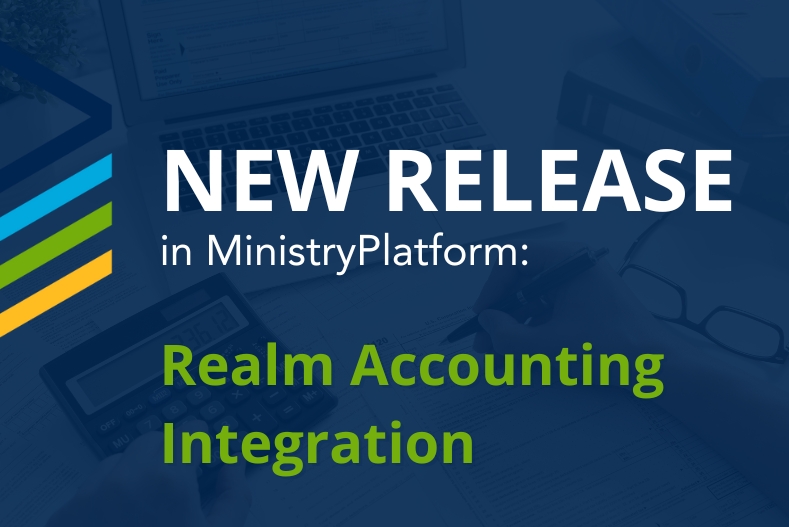Handling the financials for a church can require special software tools to ensure accurate calculations and to record information as needed for the specific needs of a church. Often, churches must prepare information for elder boards or financial accounting boards that leave the financial manager with particular desires when it comes to accounting software. Many organizations that don’t have the own CPA will consult with a CPA accounting firm to find out what they should look for before they purchase accounting software for their church – that’s where this list comes in handy.
- Flexibility in Reporting
This is perhaps the most valuable tool of any financial accounting software program. Numbers are rarely useful without being put into a format or report that illustrates their meaning. Often the CPA or financial officer of a church understands the figures of the budget, church offering intake, and church overhead figures but needs to produce these figures in a readable and understandable format for everyone else in the church office to understand. A good program will offer many different ways to report on financial information and will also have customizable features that will enable the user to develop custom reports to meet the church’s needs. Also, it is helpful for a software program to have a way to manage and view restricted funds – this helps with funds apart from the general operating budget of a church.
- Flexibility in Design of Chart of Accounts
Not every organization has the same accounting needs. By using a software program that offers flexibility in designing and creating a custom chart of accounts, churches can have the ability to create a system for tracking finances that specifically matches the incoming and outgoing accounts as needed.
- Customization to Meet Specific Needs
Often, it’s the simple things that make a software program indispensable. A good program will allow flexibility.
- Overall Ease of Use
This is an extremely important feature for most financial managers. Often, financial programs are somewhat complex to set up. But once the program is in place and adjusted for a church’s particular needs, it should be easy to use.
- Specific Accounting Requirements
For any nonprofit accounting software program, it is imperative that the software meets specific accounting requirements such as the Financial Accounting Standards Board 116 and 117 requirements, as well as IRS tax-related requirements.
- Tools to Automate Key Functions
One way to automate key functions within an accounting software program is to create custom billing codes. Billing codes can be created to enable convenient, accurate billing for fees and services. Invoices can be run in batches, rather than created record by record. Also, billing codes allow for multiple fees to be automatically applied. This allows for time-saving when dealing with general billing needs.
- Identify & Maximize Key Revenue Sources
In accounts receivable, this area of church software should allow you to name and create as many revenue centers as needed. These can be tied to the appropriate income accounts to maximize key revenue sources. This is an important feature to see where the money is coming into your organization and where to focus time and energy to help your church grow.
- Find New Ways to Reduce Expenses
By using software to manage the general ledger, accounts payable, accounts receivable, purchase orders, and fixed assets, an organization can better track finances and find areas to cut costs and reduce overall expenses.
Overall, financial accounting software for churches can make a huge difference in the efficiency of how your church office operates. Learn how we can help you manage your church finances with Realm Accounting.




